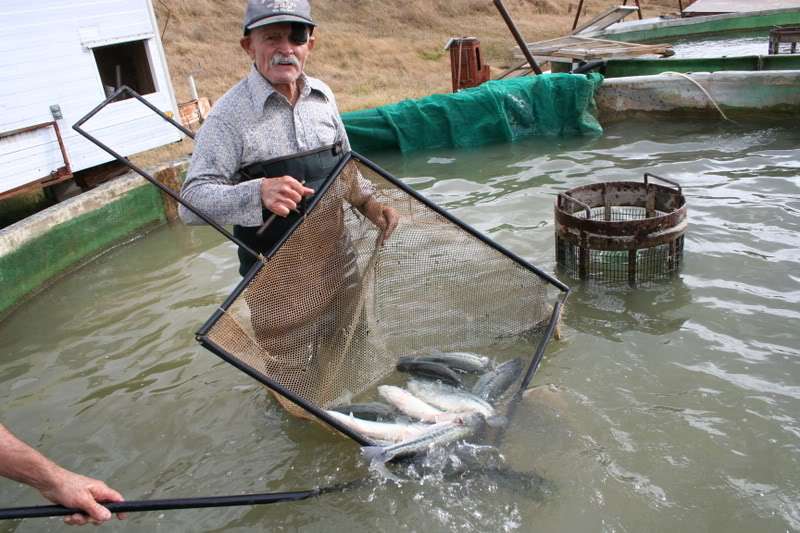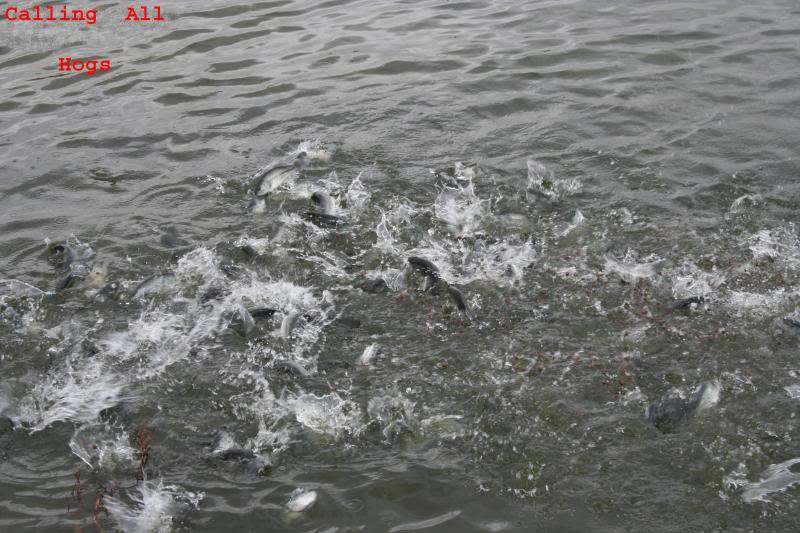catscratch,
If I recall correctly, your pond is still producing LMB > 20" and is well over 10 years of ages. So the first thing I will tell you is that "This is the exception ... and ... this is awesome". I think part of your success lies in the fact you have a good amount of water ~19 acres. This reduces littoral area/surface acre and probably lends to less LMB recruitment. So environmentally, your pond has been able sustain the production of memorable to trophy size LMB from recruits. It's not clear to what these results depended on population management efforts and whether you faithfully culled to reduce competition. But if those efforts in past were not significant ... it tells me that population management remains as a possible way to increase LMB size and RW.
So you have a good thing going I think and I would seriously question whether you can improve the genetics in your pond by introducing hatchery fish. The opposite may actually be true and it is possible that you could set your pond back by introducing new fish.
Consider reading this reference beginning on page 9.. There is a wealth of information in this publication pertinent to Kansas as it was written by Kansas fishery biologists to plan Kansas fishery management in Kansas waters. Though pertaining to Kansas, there are also lessons for everyone entertaining the idea of introducing new genes to their water. But in particular I will reference two small excerpts:
Fisheries managers sometimes assume that introducing new genes into a population through stocking will result in increased growth, survival, or other superior qualities (ie. hybrid vigor). Unfortunately, this is not always true. In some cases, the resulting population may exhibit a lack of fitness to their environment (outbreeding depression) (Philipp et al. 2002). Outbreeding depression results when the progeny from parents with different genetic makeup have lower fitness than progeny from parents sharing the same genetics. In this case, adaptive genes in wild populations are displaced by genes that are adapted to some other locality or environment.
Future Actions
Stocking largemouth bass will be necessary to establish the species in new and renovated waters in Kansas. However, it would be irresponsible to introduce fish with no regard to their genetics (Philipp 1992). The introduction of FLMB alleles into NLMB populations may have provided fisheries benefits in southern states, but little published evidence exists to suggest that they would be an asset in Kansas waters. Our limited experience with FLMB in Kansas shows that their performance (and that of the hybrids produced by their interbreeding with NLMB) is poorer than that of NMLB.
![[Linked Image from i74.photobucket.com]](http://i74.photobucket.com/albums/i263/ewestmnw/LMBdistuntitled.jpg)
![[Linked Image]](https://forums.pondboss.com/ubbthreads.php?ubb=download&Number=18628&filename=107c4InsleeFish112.jpg)
![[Linked Image]](https://forums.pondboss.com/ubbthreads.php?ubb=download&Number=18629&filename=110InsleeFish308-1.jpg)

